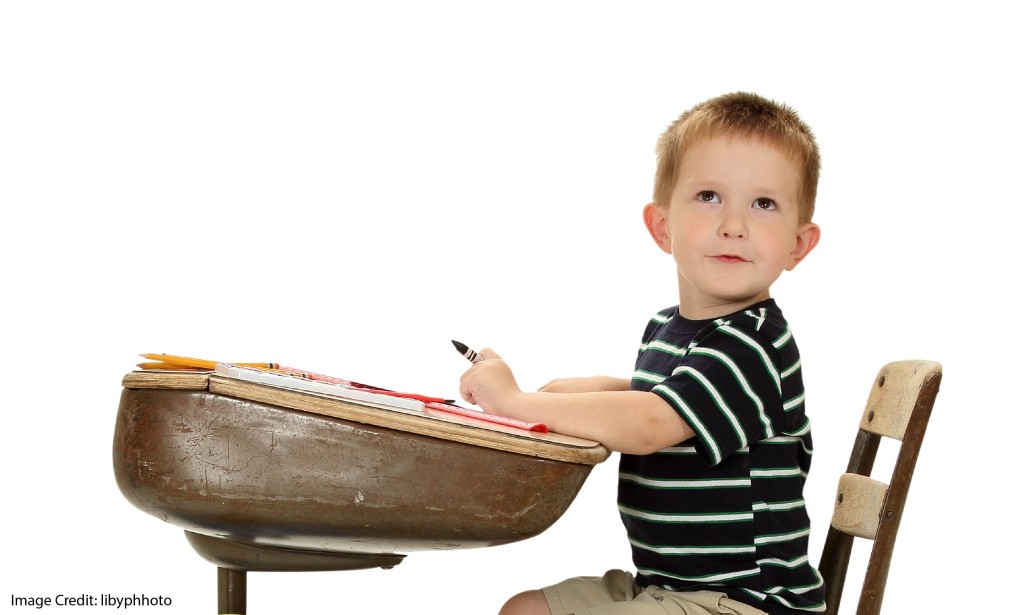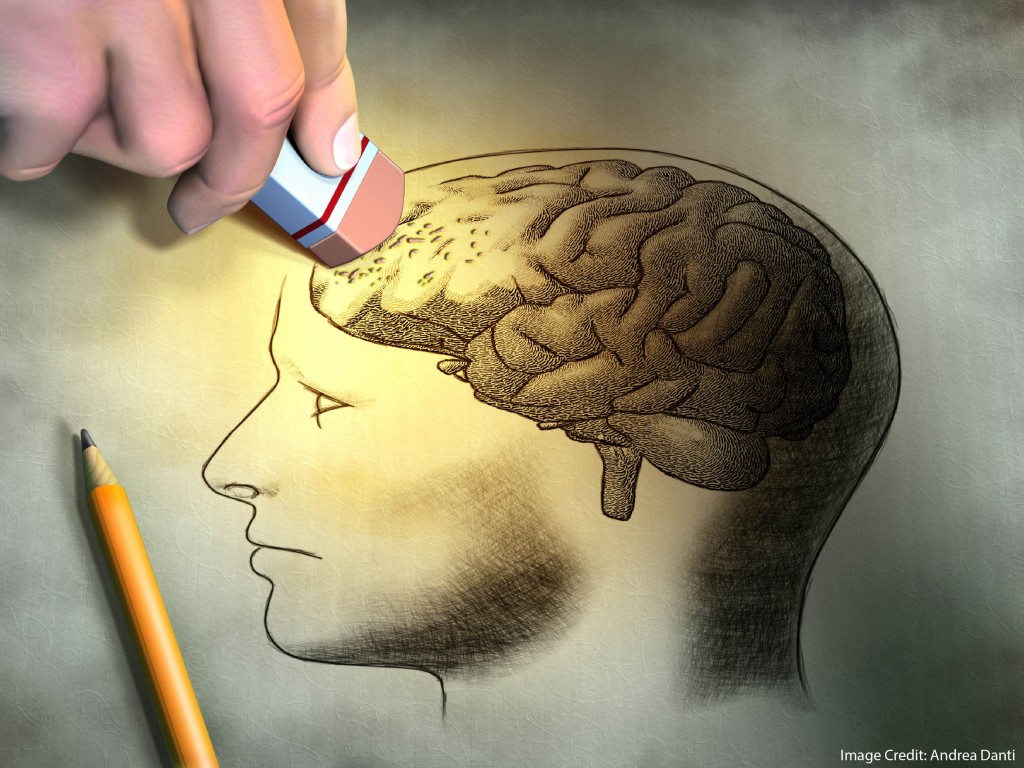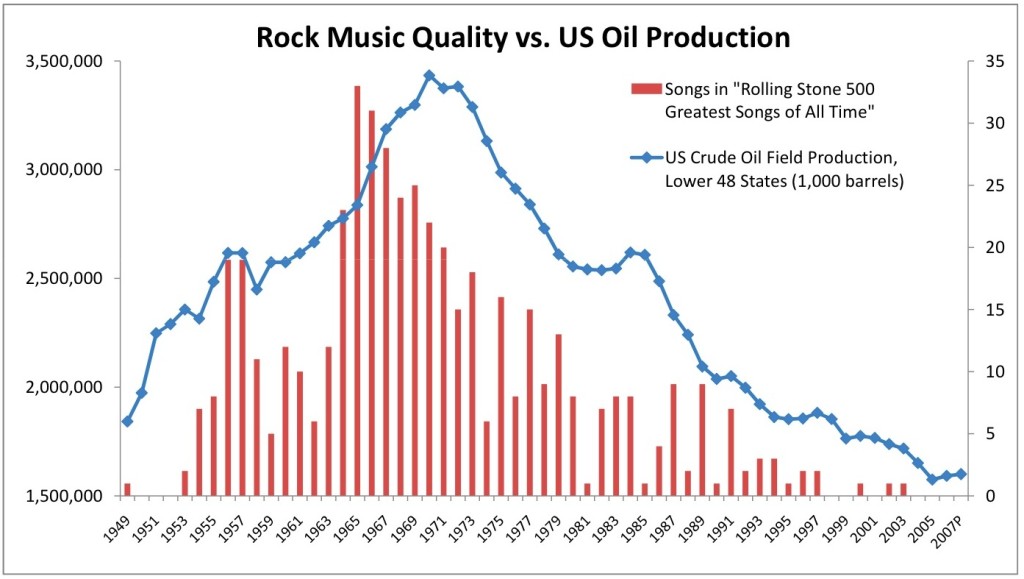Here’s a hypothetical situation:
Let’s say that psychology researchers clearly demonstrate that retrieval practice helps students form long-term memories better than rereading the textbook does.
However, despite this clear evidence, these researchers nonetheless emphatically recommend that students avoid retrieval practice and instead reread the textbook. These researchers have two justifications for their perverse recommendation:
First: students aren’t currently doing retrieval practice, and
Second: they can’t possibly learn how to do so.
Because we are teachers, we are likely to respond this way: “Wait a minute! Students learn how to do new things all the time. If retrieval practice is better, we should teach them how to do it, and then they’ll learn more. This solution is perfectly obvious.”
Of course it is. It’s PERFECTLY OBVIOUS.
Believe It Or Not…
This hypothetical situation is, in fact, all too real.
In 2014, Pam Mueller and Dan Oppenheimer did a blockbuster study comparing the learning advantages of handwritten notes to laptop notes.
Their data clearly suggest that laptop notes ought to be superior to handwritten notes as long as students learn to take notes the correct way.
(The correct way is: students should reword the professor’s lecture, rather than simply copy the words down verbatim.)
However–amazingly–the study concludes
First: students aren’t currently rewording their professor’s lecture, and
Second: they can’t possibly learn how to do so.
Because of these two beliefs, Mueller and Oppenheimer argue that–in the witty title of their article–“The Pen is Mightier than the Laptop.”
But, as we’ve seen in the hypothetical above, this conclusion is PERFECTLY OBVIOUSLY incorrect.
Students can learn how to do new things. They do so all the time. Learning to do new things is the point of school.
If students can learn to reword the professor’s lecture when taking notes on a laptop, then Mueller and Oppenheimer’s own data suggest that they’ll learn more. And yes, I do mean “learn more than people who take handwritten notes.”
(Why? Because laptop note-takers can write more words than handwriters, and in M&O’s research, more words lead to more learning.)
And yet, despite the self-evident logic of this argument, the belief that handwritten notes are superior to laptop notes has won the day.
That argument is commonplace is the field of psychology. (Here‘s a recent example.)
Even the New York Times has embraced it.
The Fine Print
I do need to be clear about the limits of my argument:
First: I do NOT argue that a study has been done supporting my specific hypothesis. That is: as far as I know, no one has trained students to take reworded laptop notes, and found a learning benefit over reworded handwritten notes. That conclusion is the logical hypothesis based on Mueller and Oppenheimer’s research, but we have no explicit research support yet.
Second: I do NOT discount the importance of internet distractions. Of course students using laptops might be easily distracted by Twinsta-face-gram-book. (Like everyone else, I cite Faria Sana’s research to emphasize this point.)
However, that’s not the argument that Mueller and Oppenheimer are making. Their research isn’t about internet distractions; it’s about the importance of reworded notes vs. verbatim notes.
Third: I often hear the argument that the physical act of writing helps encode learning more richly than the physical act of typing. When I ask for research supporting that contention, people send me articles about 1st and 2nd graders learning to write.
It is, I suppose, possible that this research about 1st graders applies to college students taking notes. But, that’s a very substantial extrapolation–much grander than my own modest extrapolation of Mueller and Oppenheimer’s research.
And, again, it’s NOT the argument that M&O are making.
To believe that the kinesthetics of handwriting make an essential difference to learning, I want to find a study showing that the physical act of writing helps high school/college students who are taking handwritten notes learn more. Absent that research, this argument is even more hypothetical than my own.
Hopeful Conclusion
The field of Mind, Brain, & Education promises that the whole will be greater than the sum of the parts.
That is: if psychologists and neuroscientists and teachers work together, we can all help each other understand how to do our work better.
Frequently, advice from the world of psychology gives teachers wise guidance. (For example–retrieval practice.)
In this case, we teachers can give psychology wise guidance. The founding assumption of the Mueller and Oppenheimer study–that students can’t learn to do new things–simply isn’t true. No one knows that better than teachers do.
If we can keep this essential truth at the front of psychology and neuroscience research, we can benefit the work that they do, and improve the advice that they give.
 About Andrew Watson
About Andrew Watson 














